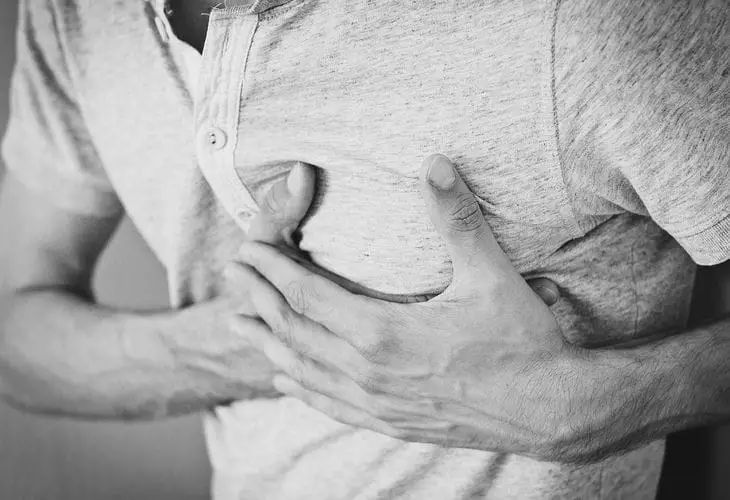5 Unusual Heart Attack Symptoms That Are Often Ignored
A heart attack is often associated with sharp chest pain and cold sweat, but these symptoms are not always obvious.
There are hidden signs that may go unnoticed, which can increase the risk of serious illness.
Circulation research warns that 45% of heart attacks go undetected due to atypical symptoms.
Cardiologists call this "silent ischemia" - a condition in which the heart suffers without obvious signs.
Unexplained fatigue
A sudden loss of strength, comparable to the state after a marathon, may signal a disruption in the blood supply to the heart.

Dr. Erin Michos of Johns Hopkins University told JAMA Cardiology: “Patients describe feeling like they’re plugged into an outlet with a dead battery.”
A particularly alarming symptom is fatigue, which intensifies with minimal physical activity.
Discomfort in the upper body
A feeling of heaviness in the back, numbness in the left arm or a tight jaw are often attributed to osteochondrosis.
However, as the American Heart Association points out, these symptoms accompany a “silent” heart attack in 30% of cases.
Cardiac surgeon Michael DeBakey compares the sensation to "an invisible corset that slowly compresses the body."
Cold sweat and dizziness
Profuse sweating without apparent cause, accompanied by a pre-syncope state, is a frequent companion of acute coronary syndrome.
A 2023 study in The Lancet found that in 18% of heart attack patients, the only symptom was dizziness, with no pain.
Nausea and abdominal discomfort
Pain in the epigastrium, reminiscent of poisoning, may indicate damage to the lower wall of the myocardium.
A warning sign is a combination of nausea and rapid breathing.
Sudden shortness of breath
Difficulty breathing in the absence of physical activity is also a sign of congestion in the pulmonary circulation.
Cardiologist Stacy Rosen explains in the Journal of the American College of Cardiology: "A heart that is losing strength can't keep up with the blood pumping."
It is especially dangerous if shortness of breath increases when lying down.
